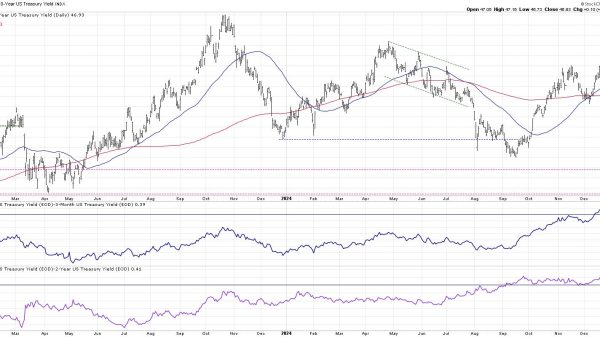HSBC’s and Lloyd’s rival plans for the futures of their London headquarters have revealed a growing split in attitudes towards the long-term prospects of working from home.
Lloyd’s of London is reportedly in talks to extend the lease on its iconic City headquarters as it works to bring staff back into the office in resisting the post-pandemic shift towards homeworking.
The insurance marketplace is in talks with its landlord to continue working out of its One Lime Street building, well after lease expires in 2031, the Sunday Telegraph first reported.
Lloyd’s previously said it was considering exiting its City headquarters due widespread uptake of remote working during the pandemic.
The world’s largest insurance marketplace later ruled out plans to cut its lease short, by using a break clause to end its contract with the property’s owner, Chinese insurer Ping An, in 2026.
Now, the City institution is in talks to extend its lease well beyond 2031, in a sign it has rejected the post-Covid trend for homeworking.
Lloyd’s is instead considering plans to revamp its ‘inside-out’ building with a view to opening its HQ up for events.
Lloyd’s chief executive John Neal has previously been vocal in supporting a return to the office, as the marketplace readies itself to hire 20,000 extra staff over the next four years.
HSBC, by contrast, is looking for new London offices that are half the size of the space it currently occupies in its Canary Wharf tower, the Sunday Times first reported.
The bank’s plans reveal a growing split among London’s top employers between those bullish on the future of in-person working and those confident in long term trends towards working from home.
HSBC is working with estate agent Cushman & Wakefield to find new London premises, as it prepares to exit its Docklands HQ when its lease expires in 2027.
The bank’s 8,000 London staff currently occupy 1.1m square foot of space in the bank’s 45 story tower at 8 Canada Square.
The bank is however looking to take up between 400,000 and 500,000 square foot in new London offices, as it seeks to cut its global real estate costs.























